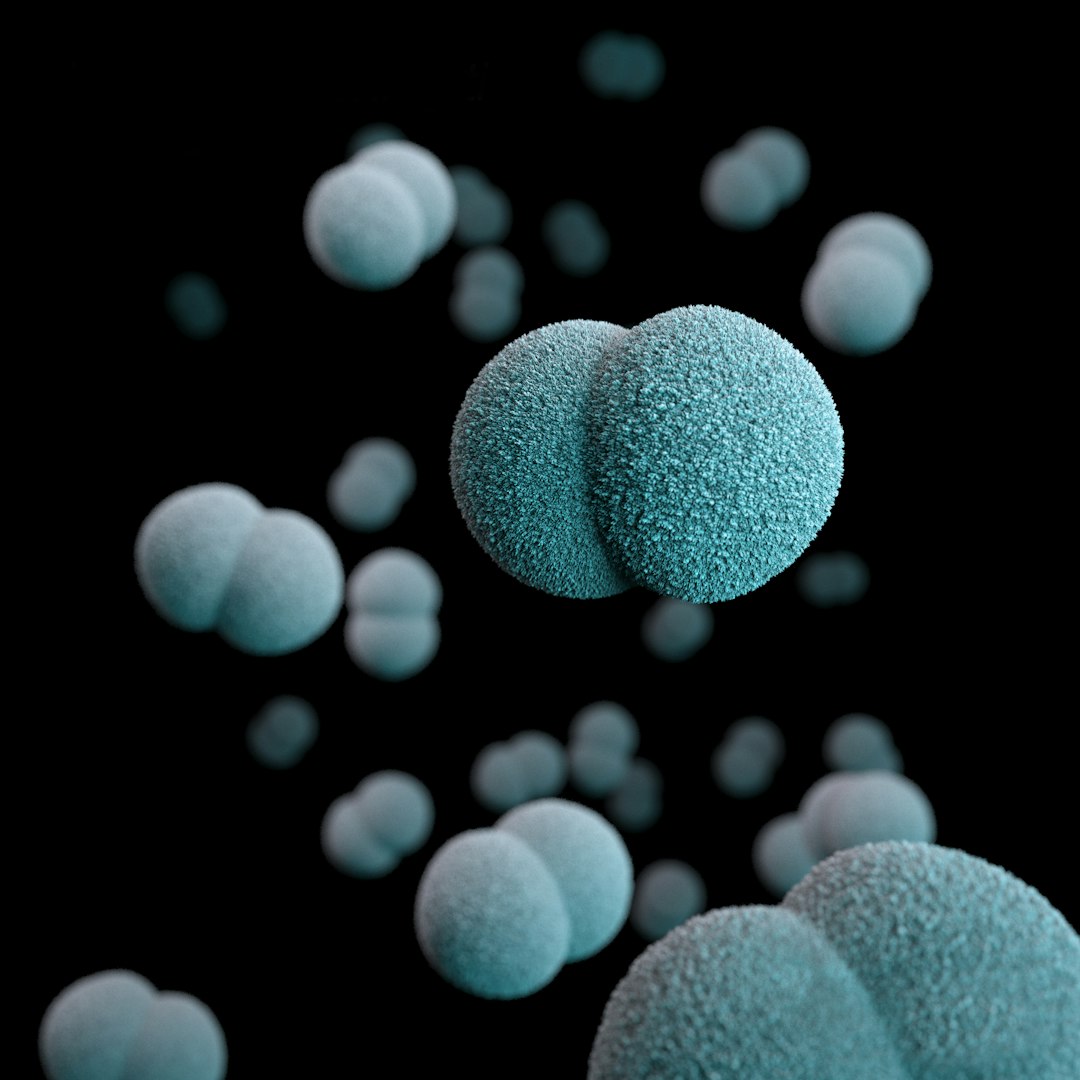ALS, also known as amyotrophic lateral sclerosis, is a devastating neurodegenerative disease that affects nerve cells in the brain and spinal cord. It leads to loss of muscle control, paralysis, and eventually death. While the exact cause of ALS is still unknown, researchers have identified a number of genetic mutations that are associated with the disease.
Identifying these gene defects is crucial for early diagnosis and targeted therapies. Understanding ALS: Genetic Mutations and Key Genes Involved. Decoding ALS: Genetic Mutations Driving Disease and Emerging Therapies.
One of the most well-known genes involved in ALS is the C9orf72 gene. This gene is responsible for producing a protein that helps cells function properly. Mutations in the C9orf72 gene can lead to abnormal protein buildup, which in turn causes damage to nerve cells. Mutations in the C9orf72 gene are responsible for around 40% of familial ALS cases, where there is a family history of the disease.
Another gene that plays a key role in ALS is the SOD1 gene. Mutations in the SOD1 gene disrupt the body’s ability to break down harmful molecules called free radicals, leading to increased oxidative stress and damage to nerve cells. Mutations in the SOD1 gene are found in around 20% of familial ALS cases.
Other genes that have been linked to ALS include the FUS gene, the TARDBP gene, and the TBK1 gene. Mutations in these genes disrupt important cellular processes, leading to nerve cell damage and the development of ALS. Identifying these gene defects is crucial for early diagnosis and targeted therapies.
Early diagnosis of ALS is important because it allows patients to receive appropriate care and support. Targeted therapies that focus on specific gene defects can help slow the progression of the disease and improve quality of life. For example, researchers are exploring gene therapy techniques that aim to correct gene defects in ALS patients. By understanding the genetic mutations driving the disease, researchers can develop more effective treatments that target the underlying cause of ALS.
In conclusion, identifying gene defects associated with ALS is crucial for early diagnosis and targeted therapies. By understanding the genetic mutations driving the disease, researchers can develop more effective treatments that improve the lives of ALS patients. Continued research into the genetics of ALS will help advance our understanding of the disease and lead to the development of new and improved therapies.
************
Want to get more details?
Dr. Libero Oropallo, MD | Medical Genetics Expert
https://www.liberooropallo.com/
45b West Wilmot St, Richmond Hill, Ontario, Canada, L4B2P3
Dr. Libero Oropalo is an experienced medical geneticist and clinical geneticist specializing in molecular genetics, genome sequencing, and personalized medicine. He combines advanced genetic diagnostics with comprehensive genetic counseling to guide patients through complex hereditary disease challenges and rare disease genetics. Dr. Oropalo’s research leverages state‑of‑the‑art CRISPR techniques and translational genomic research to develop precision treatment strategies in cancer genetics, pediatric genetics, and prenatal diagnostics. As a recognized genomic medicine expert, he collaborates across multidisciplinary teams to translate cutting‑edge whole exome sequencing data into actionable clinical insights. He has published in leading journals and regularly presents at international conferences on topics ranging from translational genomics to precision therapeutics.

